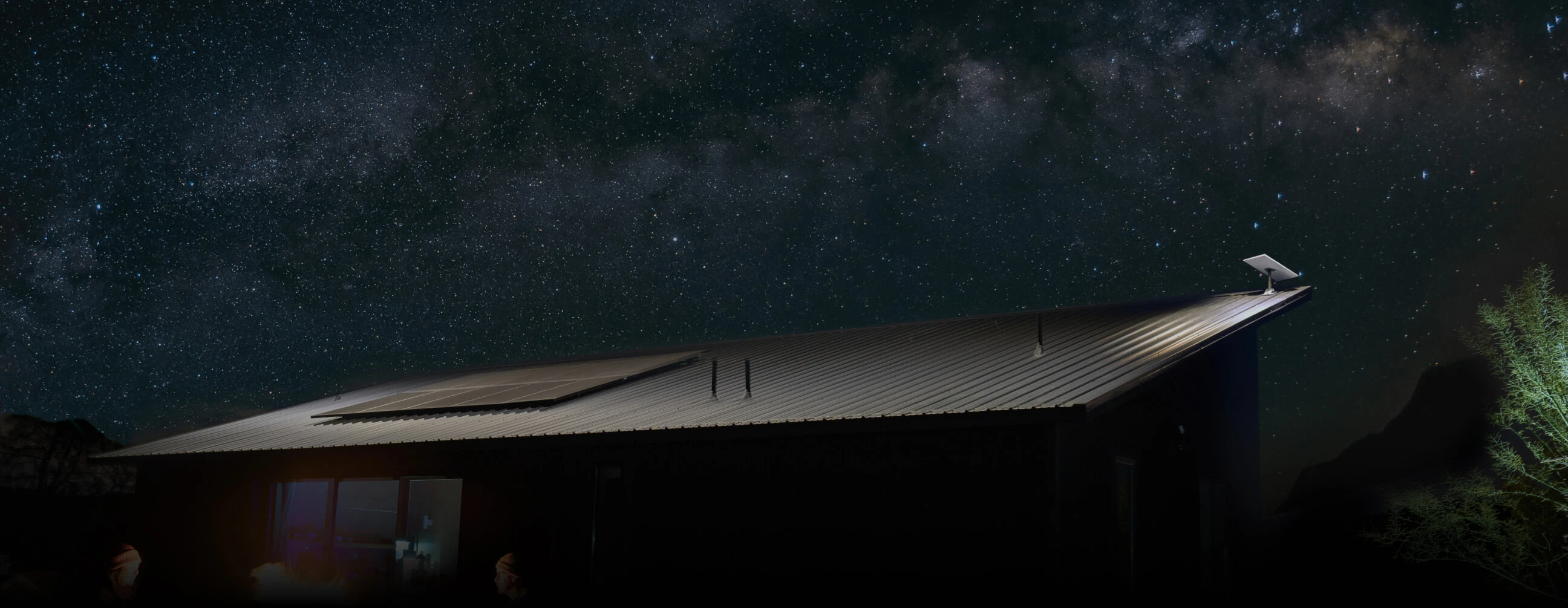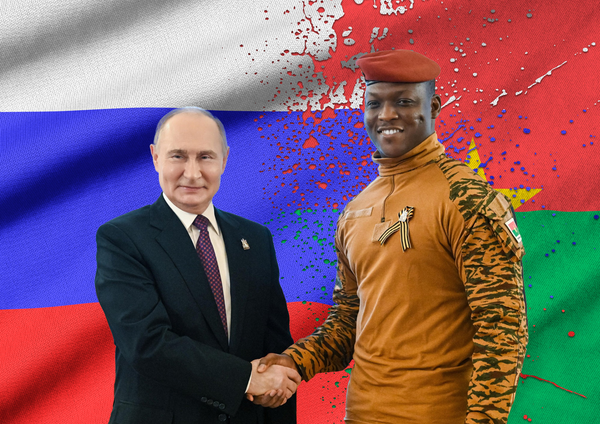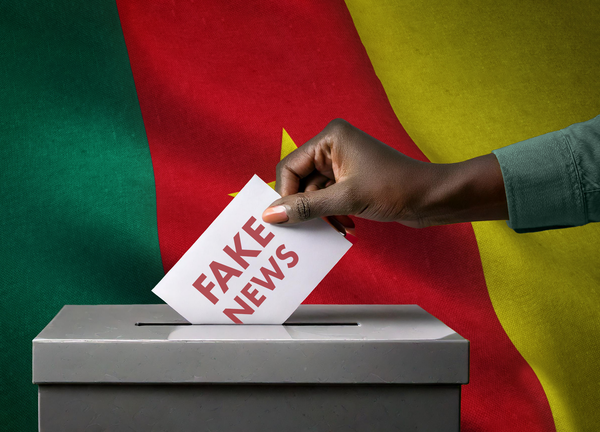Internet, a subject of contradiction in Africa
In recent years, the closure of Internet access on African soil has increased. There would have been 25 volunteer closures in 2019. It is twice as much as in 2017.

Governments would ask Internet service providers to restrict access to their subscribers. Very often, these cuts take place during special events such as presidential elections and popular uprisings.
Their purpose is to put an end to the collective emulation which could take place on the Internet, in particular on social networks. The latter tend to amplify, divert, distort information leading to revolt and criticism which, not very constructive, do not contribute to the appeasement of tensions ... When it is not the Internet which is cut, it is directly access to certain social networks, as is currently the case in Nigeria with Twitter.
Many countries also use a technique called "throttling". The latter consists in slowing traffic on specific sites giving an impression of slow connection. The accessibility times to the site are long, Internet users lose the desire to go to the site in question.
The evolution of technologies on the African continent
While governments limit internet access, large companies such as GAFAM (Google, Amazon, Facebook and Microsoft) are betting on Africa to develop new techniques in order to promote access to each. The company of the American billionaire Elon Musk, Starlink plans to send (in the space) 12,000 telecommunications satellites in order to create a constellation which will be able to provide high speed internet access to the whole world.
/cloudfront-eu-central-1.images.arcpublishing.com/lexpress/WOBK7P2IZZEA5MLC6NC4MC3SYA.jpg)
The company Starlink has views of South Africa, Nigeria as well as Zimbabwe (the same countries that limit and delay internet access to their populations). Other web giants, such as Facebook and Google, bet on the underwater wiring. More than 37,000 km of cables must be installed by 2024, exclusively in Africa. These large companies thus rely on more than 30 million 5G connections in 2025.

Despite a desire to fill the digital gap in Africa with ever more sophisticated and innovative projects, the inequalities of internet access on the continent remain mainly for political and social reasons. Nevertheless, digital transformation is an excellent thing for the continent. It represents a real opportunity to energize economic growth and industrialization, allowing better interconnection of African markets with the rest of the world.











